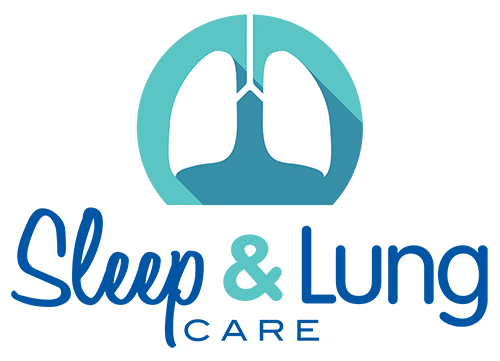What is it?
Obstructive Sleep Apnoea is when the airway at the back of the mouth repeatedly partly or completely obstructs during sleep. The breathing is reduced or may stop altogether. The oxygen level then falls and you wake up briefly to start breathing again. These episodes may happen many times across a night. Some people know that their breathing is not normal all night, but may be unaware that they have a problem.What are common symptoms of Sleep Apnoea?
- Regular snoring or noisy breathing during sleep
- Variation in breathing during sleep such as pauses or gasping
- A sense of waking choking or gasping
- Feeling more tired during the day than expected
- Having trouble with concentration and memory
- Feeling irritable or down when we wouldn’t usually expect to be
- Needing to pass urine often during the night
- Morning headaches on waking up
Who gets Sleep Apnoea?
Some of the known risk factors for obstructive sleep apnoea include:- Obesity
- Large neck circumference
- Age over 65 years
- Family history of OSA
- Certain facial abnormalities, including a high, narrow, elongated, soft palate, a small chin, an abnormal bite and a small jaw
- Cigarette smoking and excessive alcohol consumption
- Medications, especially sedatives at night.
What can other problems develop from OSA?
OSA can be life-threatening. If left untreated, sleep apnoea can have significant health risks including- Increased risk of accidents at work or driving (2-7 times greater risk)
- Feeling tired and having trouble with concentration and memory
- Increased risk of depression (up to 5 times the risk)
- Increased risk of stroke (3 times greater risk)
- Increased risk of high blood pressure (double the risk)
- Increased risk of heart attack or heart failure (double the risk)
How is OSA assessed?
Patients suspected of having OSA will have an in-depth assessment by a sleep physician including a detailed history, physical examination and a sleep study. During the sleep study, sleep quality, quantity and breathing are measured by a computer overnight while the person sleeps. Sleep studies can be performed at home or under supervision in a sleep laboratory.How is OSA treated?
Treatment modalities depend on the severity of OSA and patient factors. Not all patients with sleep apnoea require a pump (CPAP machine). Treatment options will be assessed and discussed with the patient by a qualified sleep physician based on the history, clinical examination and the results of the sleep study.CONTACT US TODAY
If you have any questions or would like to make an appointment to discuss your Sleep or Lung related problem, please fill out the form and submit.
